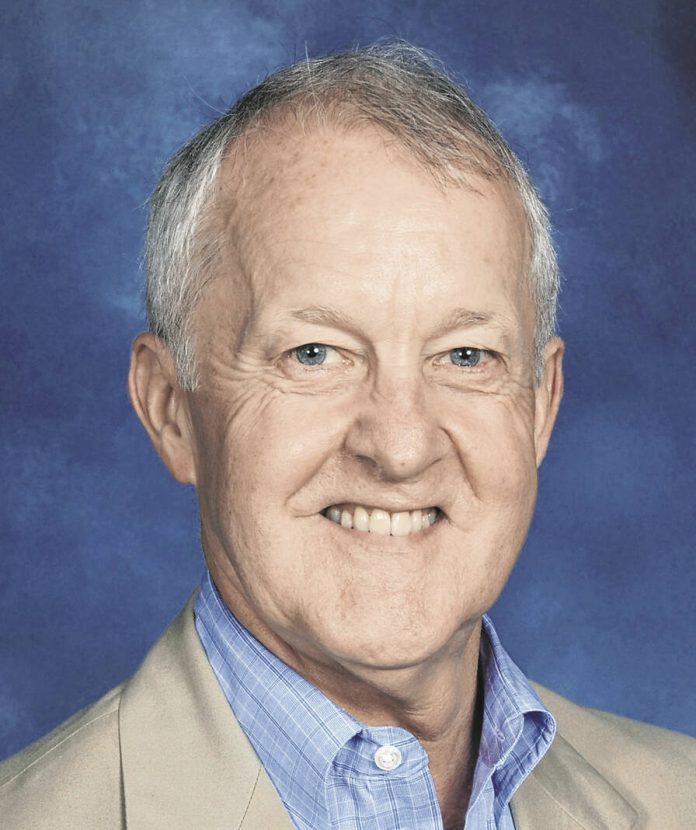I recently had breakfast with my brother Gary at the Green Hill Restaurant in Morgantown.
He is my “baby” brother in the sense that I am the first-born of the family while he is the last-born of six.
It is curious how the passing of time changes relationships. In ways that are part of our very being, we are still kids, but now, sitting there at the table checking over the menu, we seem to each other mostly grown up. That 15-year age gap between us meant so much more when he was 5 and I was 20 than it does now.
After ordering we catch up on each other’s latest personal adventures and share information on family matters. We reference our brother Greg who happened to be working that Friday morning. Today, Gary and I don’t reminisce and dwell too much about youthful days, but a few memories of Dad always make their appearance. Our individual mothers also are there in spirit as are our three siblings who have passed. Our shared family. How could it be otherwise?
As we do each time we get together, the topic comes around to the books we have going. Gary asks me if I have read “The Devil in the White City” by Erik Larson. I nod “Yes. Loved it.”
He says I probably would like Larson’s “The Demon of Unrest.” It is about the run-up to the Civil War. Gary sees those times just before the Civil War as very similar to today’s political economic and social troubles. That thought leads us to the current 24-7 political chaos.
Over the years, we have often argued different political perspectives, and in the past have had our disagreements, but we agree that today’s situation deserves a collective sorry shake of heads. We are open to the sad possibility that, as in the book, it eventually came to Americans shooting other Americans.
When our food arrived our waitress asked, and we both said “Yes, thanks” to coffee refills.
We dug in while continuing the conversation. I told him I remember when the observation of the centennial of the Civil War was part of the 1961 zeitgeist. This was before he was born. Magazines had articles that 10-year-old me at least looked over. I also remember several TV series that capitalized on the 100th anniversary of the War Between the States. For example, “The Rebel” — which actually came out in 1959 — was about a Confederate soldier coming home after the war. I thought it was pretty cool.
At 10, I had little idea of what the actual stakes of the Civil War were. All I knew was they had guns, and rifles and were shooting — just like the cowboys and Army men I watched on Saturday mornings. On popular TV shows the results of any conflict, actual dead human beings, was kind of glossed over — at least to this naive young boy. “Collateral damage” is what they called it by the time I was of Vietnam draft age.
Gary is not finished with the book, but his take so far is that all who were in charge and anyone with an economic stake were mostly selfish, scheming, manipulative people. True, some were less so than others, but still. Again, it was a reason to shake our heads.
Eventually, we talked and coffee-ed ourselves out. We got the bill, headed to the register and then to the parking lot. Big hugs and good wishes for a safe trip on the upcoming vacation.
It was still early morning. I started my car and pulled out. I enjoyed the peaceful country drive to my home.
Norman Knight, a retired Clark-Pleasant Middle School teacher, writes this weekly column for the Daily Journal. Send comments to [email protected].





